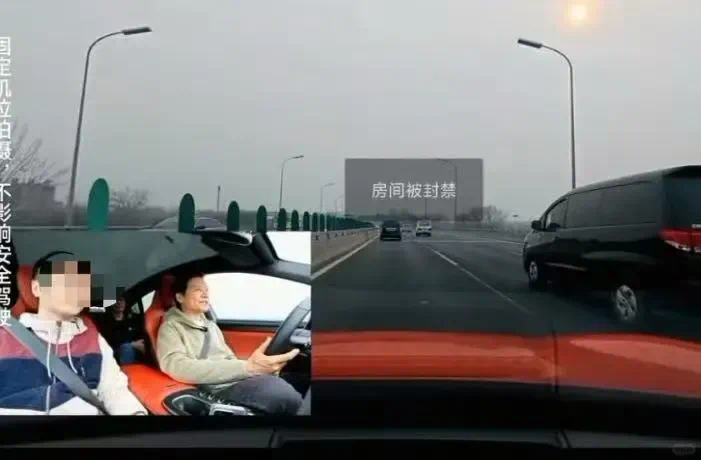
On May 14, Lei Jun, founder of Xiaomi Group, was found to have changed his Weibo settings to only allow fans who have followed him for more than 100 days to comment.

Lei Jun, who is good at marketing, has always been happy to interact with fans on social media.
However, on March 29, a Xiaomi SU7 standard version was involved in a serious accident on a highway in Anhui Province. The vehicle caught fire after a collision, killing three people and triggering a huge public opinion crisis. Lei Jun's social media subsequently stopped updating.
On May 10, Lei Jun resumed his fitness check-in on Weibo, and wrote: "The past month has been the most difficult period since I founded Xiaomi." Lei Jun said that after reading many friends' messages, "I gradually regained the courage and confidence to move forward, and my condition began to gradually recover."
However, recently, its high-end model Xiaomi SU7 Ultra was embroiled in controversy over false advertising of its high-priced optional carbon fiber dual-duct front hatch, which has resulted in hundreds of car owners returning their cars. Xiaomi SU7 Ultra was officially released on February 27 this year, priced at 529,900 yuan. Officials revealed that within two hours of the launch, more than 10,000 orders had been placed with a deposit of 20,000 yuan.
In an interview with The Paper, Zhai Wei, executive director of the Competition Law Research Center of East China University of Political Science and Law, said that based on analysis of existing public information, Xiaomi Motors had introduced its products in a one-sided manner and used ambiguous and vague language to promote its "hole-punch hood" to a certain extent. This is suspected of violating the Advertising Law and the Anti-Unfair Competition Law, and is suspected of infringing consumers' right to know. If the circumstances are ultimately determined to be serious, then this behavior may even constitute false advertising.


